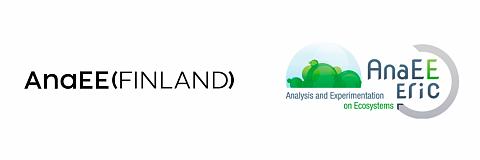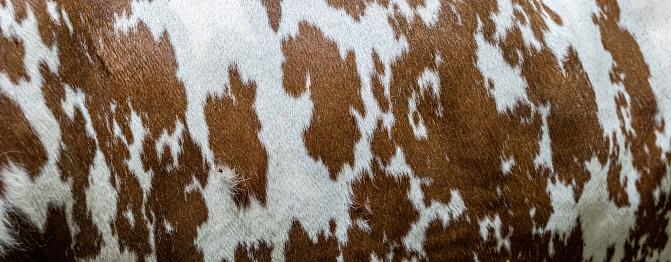
Ruukki research infrastructure
On this page
The Ruukki research infrastructure specializes in field crop cultivation and beef cattle production research, providing practical applications to support entrepreneurs.


The research infrastructure includes 70 hectares of organic and mineral soil fields for research and feed production. International-level field research platforms enable research into acidic sulfate soils and peatlands in particular. Ruukki is one of INAR RI's long-term greenhouse gas measurement stations, and the NorPeat research platform is part of AnaEE ERIC's experimental ecosystem research infrastructure.
The research barn is used for research related to beef production, including beef production farm models, production competitiveness, and environmental impacts. Agricultural water emissions can be measured on instrumented fields on both sulfate and peat soils.
Research barn
The research barn for beef cattle has space for 110–132 animals. Half of the pens have a permanently dry lying area and half have a solid-floor manure alley. Each pen has two feeding troughs, which enable individual feed consumption to be monitored. Drinking water consumption can be measured for each pen. The barn also has equipment for weighing animals and conducting behavioral studies. The research barn enables production chain modeling, which can be used to examine, for example, different farm models, production competitiveness, and environmental impacts.
- Uninsulated research barn for up to 132 cattle
- 22 pens, each accommodating six animals
- Individual feed consumption measurement (Vytelle feeding troughs)
- Pen-specific water consumption measurement
- Animal handling facilities and live weight scales
- Thermal camera and ultrasound measurement equipment
- Movable pen-specific cameras for behavioral research
- Loggers for measuring temperatures and gases
Experimental fields for cultivation
The 70 hectares of arable land enable the cultivation of crops and feed production, as well as research on agricultural water emissions and greenhouse gases. The fields are located on organic and mineral soils, as well as on sulphate soils typical of the coast. Organic farming research can be conducted in cooperation with landowners who have fields suitable for organic farming.
- Peatland plots
- Organic soil plots
- Mineral soil plots
- 4 ha organic farming plot
- Measurement of runoff on sulphate and peat soils
- Measurement of greenhouse gases using covariance measurement devices and chamber measurement systems
- Cultivation and harvesting equipment for grid experiments
Instrumented research fields, NorPeat
The NorPeat research platform (26 hectares) is cultivated peatland with normal grass rotation for beef cattle feed production. These instrumented research fields enable research on a farm and catchment area scale. The research platform monitors the environmental impacts of cultivation throughout the year, such as greenhouse gas emissions and the water quality of drainage and surface runoff. NorPeat is part of AnaEE ERIC's experimental ecosystem research infrastructure
- Controlled drainage peat field (26 ha / 8 plots): peat depth 15-75 cm, Soil Scout system for monitoring moisture conditions, real-time groundwater sensors for measuring groundwater levels.
- Runoff measurements: drainage water quality, surface runoff and its water quality, continuous water quality meter measures nitrate and carbon.
- Water storage basin (0.7 ha) enables groundwater level control as well as field drainage and irrigation.
- Greenhouse gas measurements: carbon dioxide, methane, nitrous oxide in dark and light chambers, dark chamber measurements with portable gas analyzers, snow gradient method in winter, plus measurements from open ditches surrounding the field during the growing season.
- Water quality in open ditches and water storage basins is measured with continuous water quality sensors (carbon, nitrate, pH, electrical conductivity).
- Eddy covariance measurements (carbon dioxide, methane, nitrous oxide).
- Environmental impacts of feed production in parallel with the NorMi research platform.
Allow functional cookies to show the embedded media.
Carbon flux research platform, NorMi
The NorMi research platform (9 hectares) is a mineral soil field with normal grass rotation for beef cattle feed production. The environmental impacts of cultivation are monitored throughout the year on the research platform, particularly greenhouse gas emissions using various methods. The research platform is intensively monitored with sensors and loggers that track environmental parameters. NorMi is part of both the national INAR RI Agriculture research infrastructure and the international AnaEE ERIC network.
- Eddy covariance measurements (carbon dioxide, methane, nitrous oxide).
- Environmental impacts of feed production in parallel with the NorPeat research platform.
Wetland research field
The Inganeva wetland field is located 8 km outside the Ruukki research infrastructure. It is an open-ditch peatland plot, half of which is dammed and has a controllable water level. Water samples can be taken from the dammed area's drainage wells, which are equipped with flow meters for excess water. The area has a eddy covariance tower for continuous measurement of carbon dioxide. Other greenhouse gases are measured with portable devices. The area is cultivated according to organic farming standards. The first years will focus on establishing reed canary grass and harvest years.
- Water samples
- Flow measurement
- Evaporation measurement
- Eddy covariance measurements (continuous carbon dioxide measurement)
- Portable greenhouse gas measurement devices (carbon dioxide, methane, nitrous oxide)
Areas of research
- field trials for cereals, grass and special crops
- organic trials
- official variety trials
- environmental impact of drained peatlands
- sulphate and peat soil tests
- agri-environmental stress tests
- low-carbon and resource-efficient feed production and feeding
- feeding and behaviour tests for cattle
- Drainage and manure management
- climate and water emissions from peat fields
- wetland biomass production chain
- measurement of water pollution
- climate-friendly farming technologies for peatlands
RI services of Ruukki
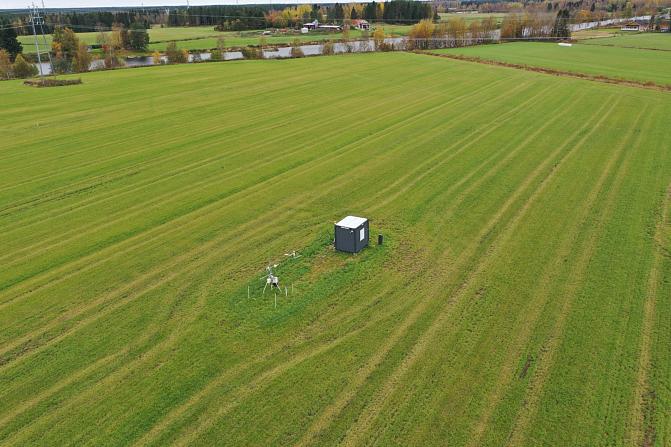
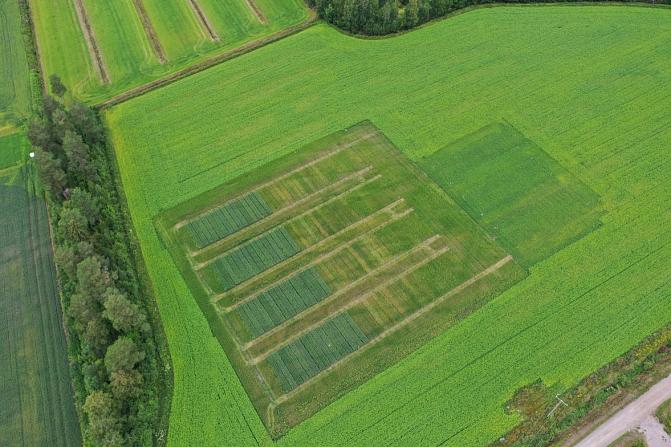
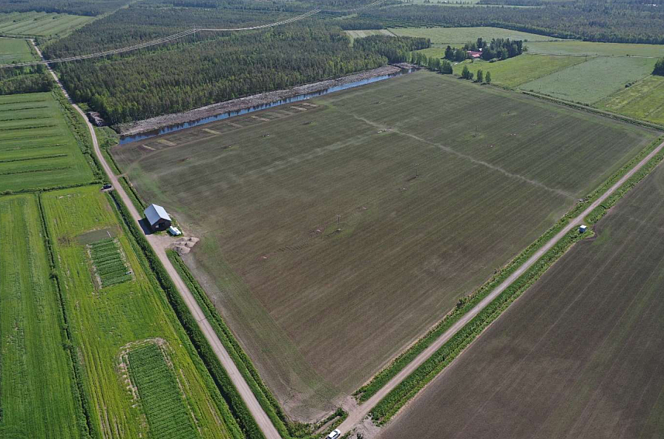
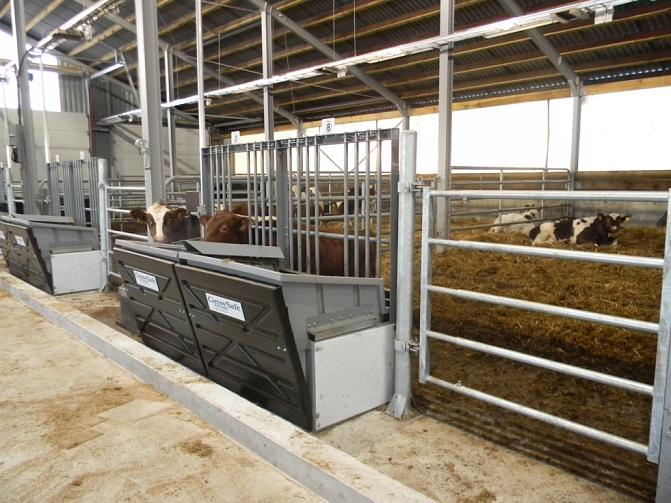

- Two contrasting years of continuous N2O and CO2 fluxes on a shallow-peated drained agricultural boreal peatland
- Leaching of nitrogen, phosphorus and other solutes from a controlled drainage cultivated peatland in Ruukki, Finland
- Hidden becomes clear: Optical remote sensing of vegetation reveals water table dynamics in northern peatlands
- Kokemuksia Ruukin koealueiden vesienhallinnan automaatiosta. Toni Liedes [PDF]
- Säätökastelu_ja_kokemukset_kesällä_2023_Kinnunen_juho [PDF]
- Vesienhallinta ja viljelijäyhteistyö Miika Läpikivi [PDF]
- VESKU-hanke ja koulutus. Joonas Muurinmäki [PDF]
Projects

Contact
Allow marketing cookies to show the embedded content.
